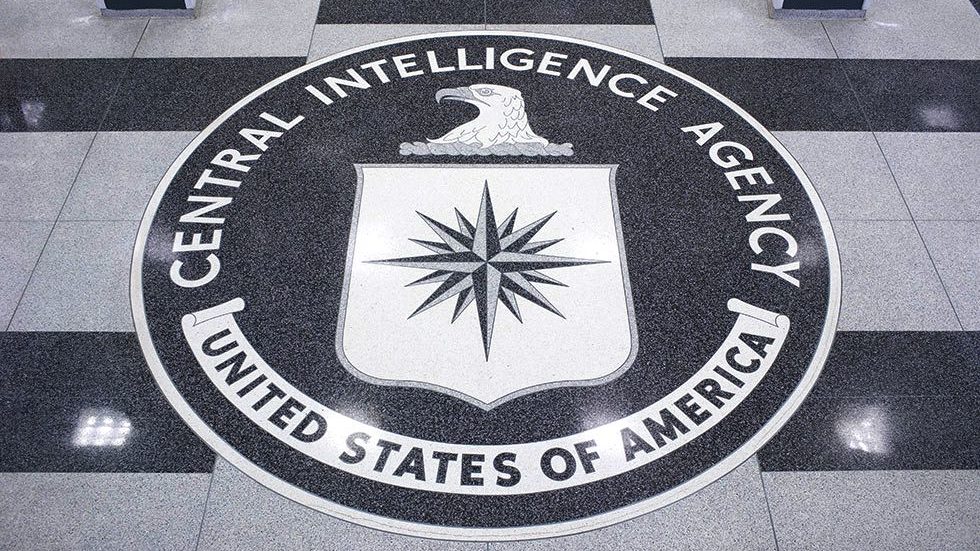Reversal on Appeal of Texas Trade Secret Ruling Offers Promise for Economic Recovery
The coronavirus has wreaked havoc on Americans’ health as well as the health of our economy over the past several months. The real estate industry is certainly no exception. Due…
